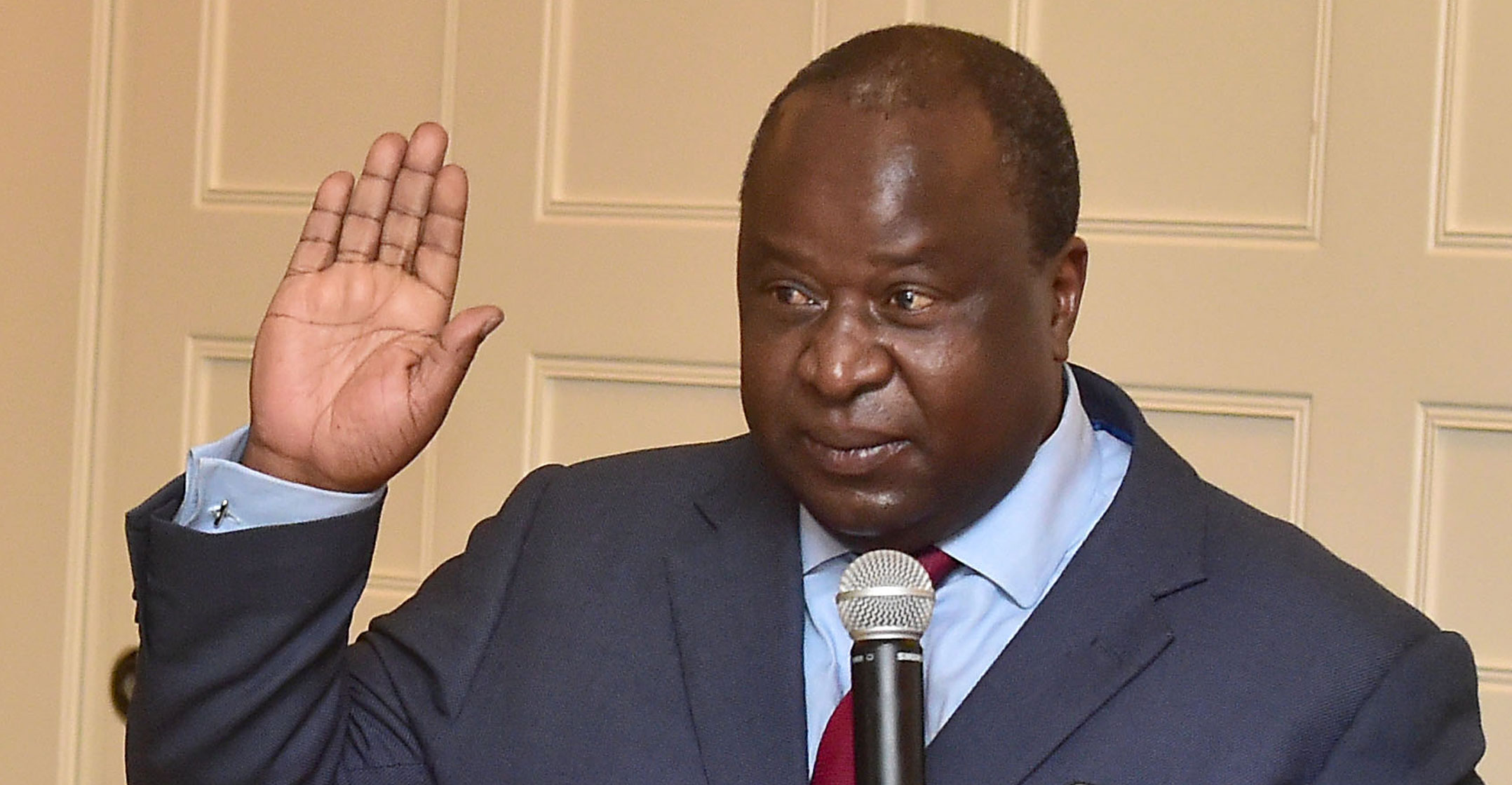
Less than a week after the CEO of Eskom declared “the days of surprises are over”, documents show the government was forced to pay R5-billion in emergency funds so the state-based utility could meet obligations.
The payment on 2 April was intended to let Eskom to pay bills due at the end of March, and avoid a call on its existing guarantees after a loan expected from the China Development Bank failed to come through in time. The amount repaid a R3-billion bridge loan from Absa Group, according to a letter to parliament from finance minister Tito Mboweni and released by the Democratic Alliance.
“The key here is that this news has been buried in parliament, though in the public domain it is exceptionally hard to find out, and not communicated openly with Eskom creditors,” said Peter Attard Montalto, head of capital-markets research at Intellidex. “Eskom is operating much closer to the edge than most investors realise. Given the blanket national treasury guarantee this is not an issue for Eskom, per se, but it is for the sovereign.”
The government announced a record R69-billion bailout for Eskom in February to be paid over three years. Of that, R23-billion is pledged for the current financial year. Based on the 2% limit of the appropriated national budget, only R17.7-billion can be transferred. The remaining balance will have to be subjected to the normal appropriation process when parliament is constituted after the 8 May election.
The R23-billion required a special bill that didn’t come up before parliament completed it business before the election. The national treasury had targeted disbursement between August and October 2019.
“Because we are in recess for the election period we cannot process any new bills which have to go through a proper procedure of consideration and engagement with stakeholders,” Pinky Phosa, chairwoman of the national assembly appropriations committee, said by phone from Johannesburg. “The new parliament will have to consider these reports once it takes over.”
Under pressure
President Cyril Ramaphosa is under pressure to chart a new strategy for the money-losing utility while retaining the support of trade unions ahead of the vote. He also needs to preserve South Africa’s sole investment-grade credit rating with Moody’s Investors Service. Rating companies have cited Eskom as one of the biggest risks to the sovereign.
Mboweni warned that Eskom doesn’t expect to be able to generate enough internal cash to meet its obligations over the next five years. The government and Eskom are in talks on how to secure the company’s “long-term financial sustainability”.
 “Even after accounting for funds raised, cash flow is not adequate to fund its capital expenditure programme,” he said.
“Even after accounting for funds raised, cash flow is not adequate to fund its capital expenditure programme,” he said.
Adrian Lackay, spokesman for public enterprises minister Pravin Gordhan, said the ministry was “confident” that the China Development Bank would carry out its commitment to help capitalise Eskom. — Reported by Colleen Goko and Paul Vecchiatto, with assistance from Antony Sguazzin, (c) 2019 Bloomberg LP




